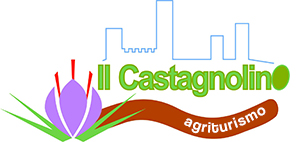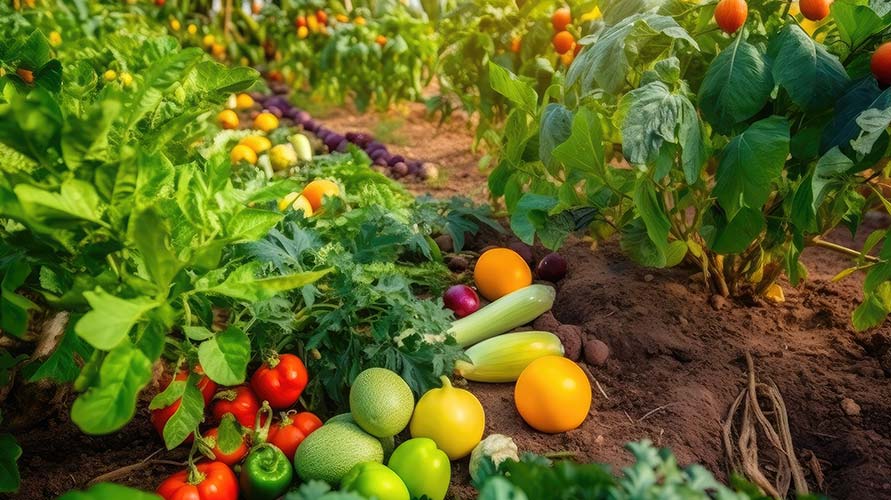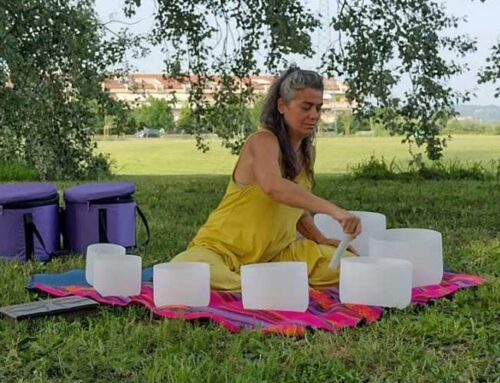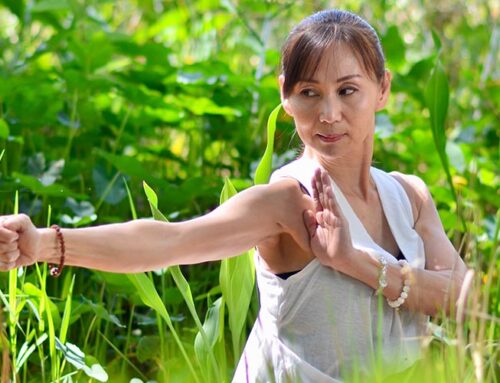WHAT IS PERMACUTURE?
Permaculture was born in Australia in 1974 and the definition was born as a contraction of two Anglo-Saxon words: permanent + agriculture, that is permanent agriculture
Permaculture does not mean an agricultural system, but a lifestyle.
There is no true definition of Permaculture, but this is a set of people who want to live life on this planet in harmony with all living things, without harming them and therefore seek, with common sense, the method improve.
It is an approach suitable for managing life, an integrated and evolving system of sustainable agriculture which also includes the habits that the family or farmer who adopts permaculture lives.
PERMACULTURE IS AN AGRICULTURAL ECOSYSTEM

Not only plants from the garden are planted, which produce vegetables, which certainly bear good fruit, but also a lot of work, but it alternates with the planting of perennial or self-perpetuating plants and trees. It was born for the creation of livable spaces and functional territories and is inspired by the observation of the ecosystems themselves.
ALSO ANIMALS HAVE A SPECIAL ROLE
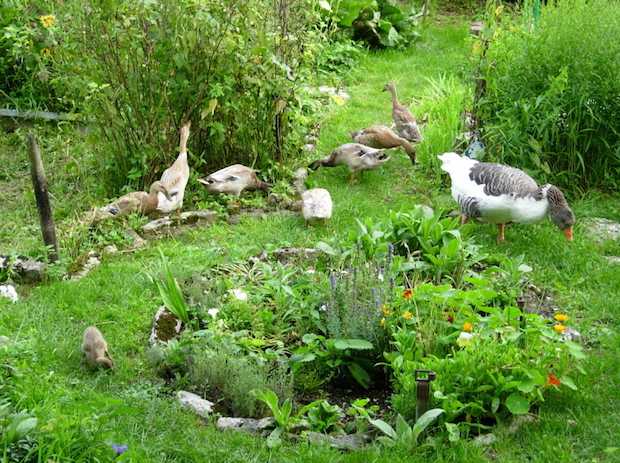
Animals in permaculture are an integral part of the system, also contributing their own workforce and living in a healthy environment with guaranteed food and protection.
Permaculture is therefore not a simple agricultural practice, but a harmony between man and nature which sets in motion a regenerative process where through biodiversity the soil is regenerated, the food is healthy and plentiful and the water is purified.
AN ECOSYSTEM IN PERMACULTURE IS STRUCTURED IN ZONES

The zones are in fact concentric spaces that develop in a centrifugal way, i.e. outwards, with respect to the center where man lives.
As you move away from the house, there will be more rarely used plants, while in the concentric spheres close to the house, there will be plants that man tends to use more often.
- Zone 0. The center, the house;
- Zone 1. Area immediately adjacent to the house. Area that needs more attention, care and presence. There may be medicinal plants used in the kitchen, the greenhouse, the woodshed, the drying room, woodshed, drying room, shelter area for farm animals;
- Zone 2. This area is also intensively cared for. There are vegetables and animals, which need daily care and observation, the orchard, hedges of various types and grazing animals;
- Zone 3. This area still hosts fruit trees, crops of various kinds, grazing animals, for meat and not, large trees, which eventually function as windbreaks for the other areas;
- Zone 4. Poorly cared for, semi-wild, left to itself, cared for a few times a year, possibly used for the production and collection of wood, wild berries and wild herbs;
- Zone 5. Area left completely to its nature, wooded and wild area, untouched by human hands, left to grow according to nature, where the forest develops undisturbed, used by man for the observation of nature and its natural development.

PERMACULTURE PRESENTS THREE FUNDAMENTAL ETHICAL PRINCIPLES
1. Care of the earth: the earth is a living being for which it is necessary to protect the natural environment and reconstitute the degraded one;
2. Personal care: It is a question of designing with people’s health and well-being in mind, so that they have the security and stability to take care of the lands in which they live;
3. Fair distribution: Containing consumption and redistributing the surplus is the basis of equity. An equitable community is stable and long-lasting, otherwise it creates pollution, land degradation and poverty.
THE ADVANTAGES OF DOING PERMACULTURE
The advantages of choosing this lifestyle are perhaps not immediate, because in the first phase it is not easy to put this philosophy into practice and carry out the necessary actions in the best possible way to make it effective.
Over time, the great advantage is that everything flows better and with greater autonomy, because everyone’s needs are respected, of man, animal, vegetation and the earth .
This leads to having:
- More fertile ground;
- Healthy soil, free from contamination by chemical products, which in addition to protecting the environment, reduces management costs;
- Greater agricultural production, tastier, tastier, healthier and more nutritious;
- A more complete and profitable use of all the resources of the surrounding environment.
HOW DO WE DO PERMACULTURE?
We at Castagnolino immediately focused on this lifestyle and we began to develop our agricultural system according to these simple rules which are still carried out to the fullest today, with projects that are increasingly aim at this concept.
In our farmhouse we follow, at our best, the subdivision into zones:
- In zone 0 there is our home and that of our guests;
- In zone 1 there are aromatic plants, for culinary (therefore daily) use, the drying room, small trees or shrubs such as lemon and myrtle, the wood-burning oven and the wood supply for the home;
- In zone 2 there is a vegetable garden, an orchard and the areas that you actually go to visit once a day. We have always structured the garden in a synergistic way, as recommended by permaculture, exploiting the principles of biodiversity, mulching and the interaction between plants;
- In zone 3 we find the olive grove, the meadow, the saffron field, where we can roam freely and which we use once a year;
- Zone 4 is a semi-wild area, where we can find wild plants such as brooms, brambles, which provide us with blackberries, blackthorns and dog roses, asparagines, etc;
- Zone 5 is a very worked area, being in Chianti, with hills planted with olive trees and vines. As far as we could, we left an undisturbed “forest” space.
What are our future projects?
- Strengthening the Food Forest precisely to be able to draw more and more on a km 0 food and organic;
- Create the Aromatic Spiral;
- Strengthening the Synergistic Garden.
Come and experience the atmosphere you breathe in an environment treated with these principles and we are waiting for you to taste our healthy culinary proposal, which follows this philosophy of life.
